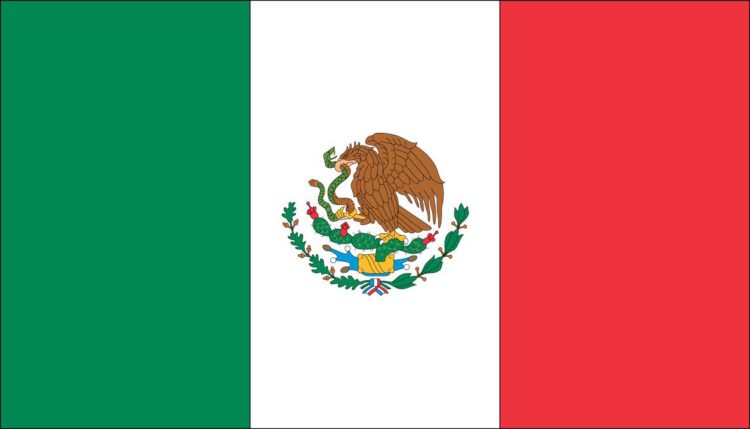Mexico Expanding Oil Hedge as Fuel Prices Float, Meade Says

published Sep 12, 2017 5:57:25 PM, by Carlos Manuel Rodriguez and Nacha Cattan
(Bloomberg) —
Mexico will most likely expand its oil hedge marginally for 2018 as it liberalizes gasoline prices, while the cost for the government to protect crude exports against a drastic drop in prices will be about the same as for this year, Finance Minister Jose Antonio Meade said.
The earthquake off Mexico’s coast last week should trigger a portion of the World Bank’s largest catastrophe bond if the location in Chiapas and its magnitude of 8.1 is confirmed, Meade said in an interview with Bloomberg News. The World Bank issued in August the bond of as much as $360 million against losses from tropical cyclones and earthquakes in Mexico.
Mexico buys put options from a small group of investment banks each year in what’s considered Wall Street’s largest — and most secretive — annual oil hedge. The Finance Ministry said in its 2018 budget proposal to congress last week that a hedge strategy was employed to guarantee the average export price of $46 dollars per barrel of crude, through both put options and a beefed-up Oil Revenue Stabilization Fund, or FEIP.
“We’re far enough advanced so that we’re confident in saying that the $46 coverage and stabilization fund have good support,” ” Meade said in the interview. Moving to a free-floating price of gasoline “played a role in looking at how much we will cover.”
The stabilization fund and lower reliance on oil revenue will help keep the government’s price tag from rising as the program expands, Meade said.
Talks to renegotiate the North American Free Trade Agreement with the U.S. and Canada have been going well and the government’s expectations for the outcome haven’t changed because the discussions are evolving as predicted, Meade said. All three parties said after meeting for a second round of talks earlier this month in Mexico that they’ll seek to finish talks by the end of the year.
Mexico’s economy is outpacing expectations from earlier this year, but several risks loom on the horizon, including Nafta renegotiations and the presidential election in July 2018. Mexico has pushed to step up talks so that they don’t interfere with the election. The early frontrunner in the race is leftist candidate Andres Manuel Lopez Obrador, who has said he’d look to end an energy reform that opened oil drilling to private bidders.
Lopez Obrador is riding a wave of support amid U.S. President Donald Trump’s anti-trade rhetoric and a series of corruption scandals that are plaguing the Pena Nieto Administration.
“He’s well known,” Meade said about Lopez Obrador. “He’s been campaigning for 18 plus years. I think he’s put forth many interesting debates. I don’t think he’s put forth as many interesting solutions.”
Meade also weighed in on a furious debate between opposition parties that are demanding the Pena Nieto administration remove an article in a Senate bill that guarantees that the current attorney general, Raul Cervantes, automatically becomes the first independent prosecutor of Mexico, serving a nine-year term. The opposition PAN and PRD parties argue Cervantes, who has worked as a lawmaker for several terms for the ruling PRI, isn’t truly autonomous.
“It’s a mistake to discredit a political trajectory as if it implies a lack of autonomy and independence,” Meade said, rebutting critics of Cervantes. “Investigations are advancing. They’re advancing at a good level. And we’ve never seen so many politicians subject to a judicial process as we’re seeing right now.”
To contact the reporters on this story: Carlos Manuel Rodriguez in Mexico City at carlosmr@bloomberg.net ;Nacha Cattan in Mexico City at ncattan@bloomberg.net To contact the editors responsible for this story: Vivianne Rodrigues at vrodrigues3@bloomberg.net Cyntia Barrera Diaz, Robert Jameson
copyright © 2017 Bloomberg L.P



No Comment